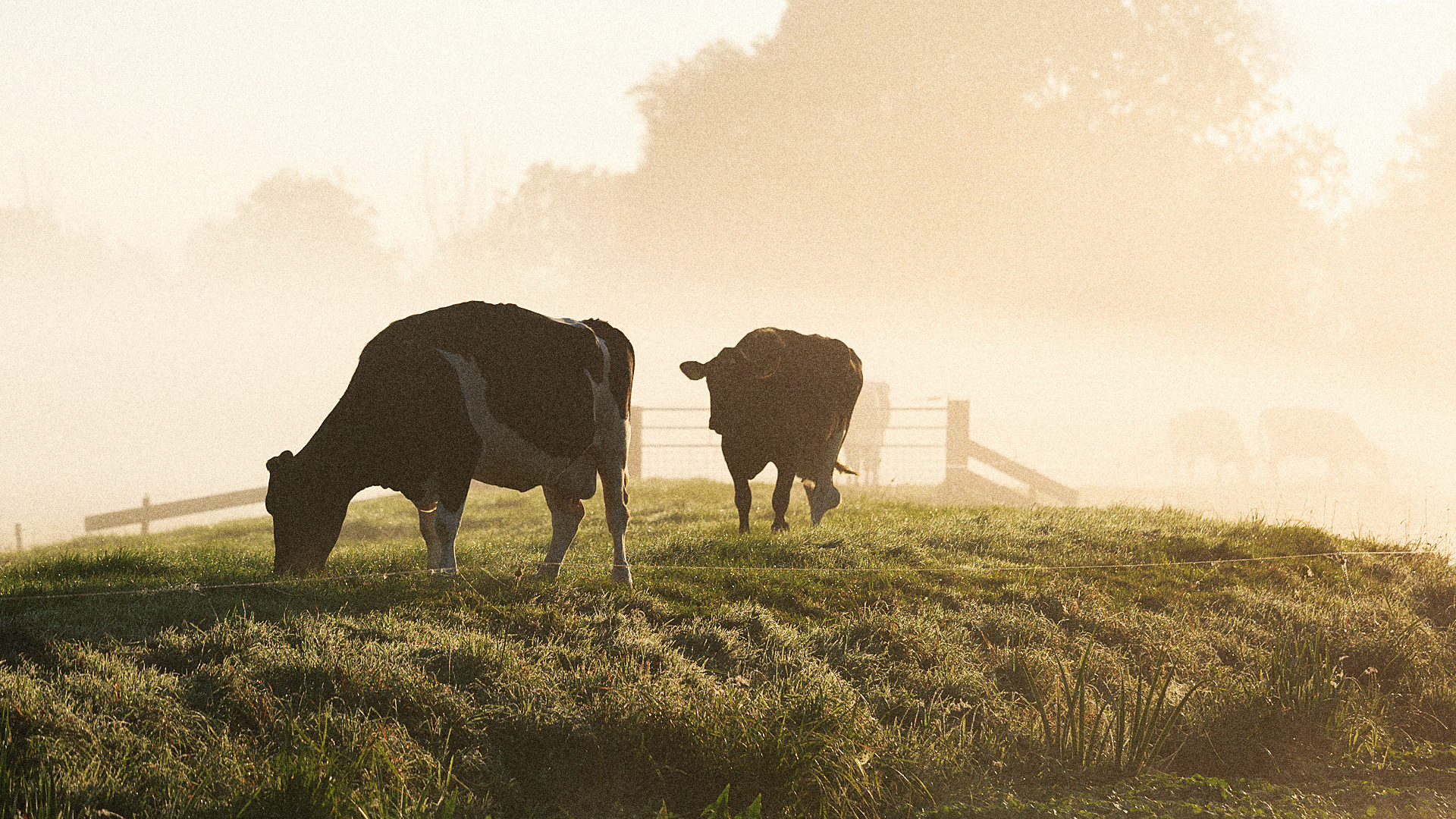Australia - Anthrax reported in New South Wales
31.10.2019 163 views
2024 AgroInsurance International Conference: New Partners and Agenda updates
26.02.20242024 AgroInsurance International Conference will take place on June 3-5, 2024 in Belgrade, Serbia, at the Hyatt Regency Hotel. Planet Labs (USA) and GAF AG (Germany) are sponsors of our conference. Agremo (Serbia) has been confirmed as the Organization Partner. More partners and sponsors to be announced in March 2024.

Spain - 30% of La Palma's banana production has already been lost due to the advance of the lava
14.10.2021More than three weeks after the Cumbre Vieja volcano erupted, the lava that continues to flow from its interior continues to devastate everything in its path, destroying houses, infrastructure, and banana plantations. The production of Platanos de Canarias is the economic engine of the island, accounting for 50% of its GDP and 30% of the jobs on the island.
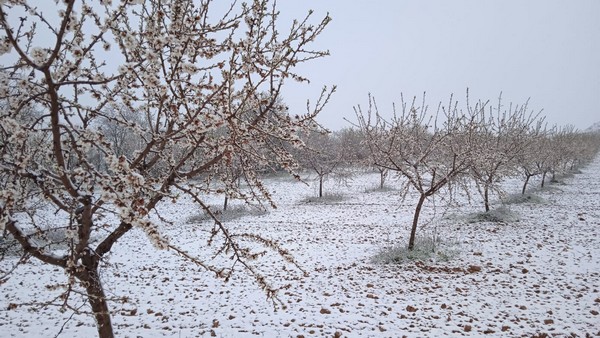
Switzerland - Late frost poses increased risk to crops
The risk of late frost damage to fruit crops and vineyards is increasing. As a result of climate change, winters are becoming milder and the growing season is being lengthened, says weather service Meteonews.

Canada - Extreme cold snap impacts Okanagan-Similkameen cherry crop
In the Okanagan-Similkameen region of Canada, cherry growers are confronting significant crop losses due to an extreme cold snap experienced in mid-January. BC Cherry Association president, Sukhpaul Bal, highlighted the unprecedented low yield, attributing it to the rising costs of farming and questioning the viability of cherry cultivation under these conditions.
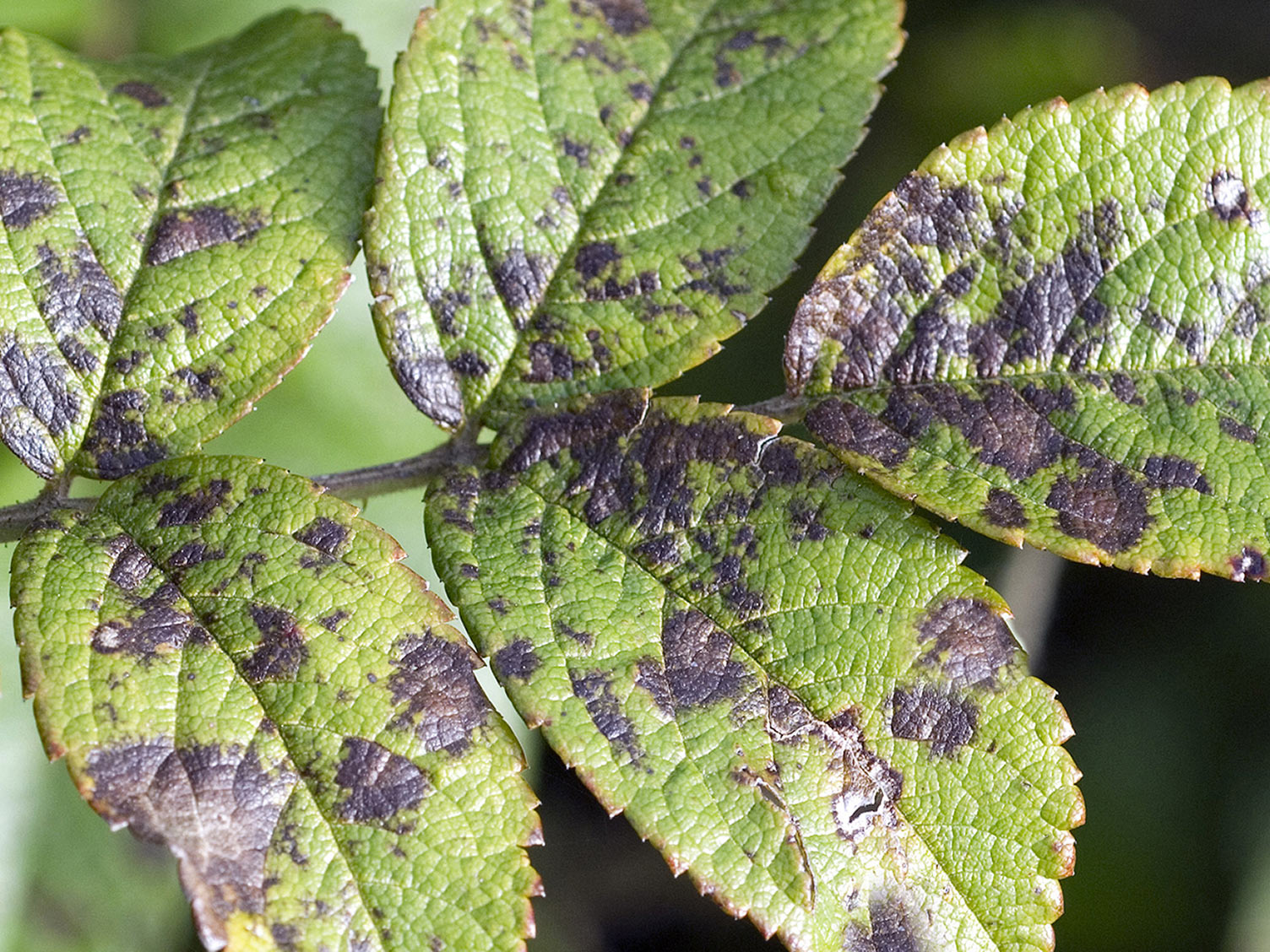
How new diseases are destroying EU trees and crops
The plants slowly choke to death, wither and dry out. They die en masse, leaves dropping and bark turning grey, creating a sea of monochrome. Since scientists first discovered Xylella fastidiosa in 2013 in Puglia, Italy, it has killed a third of the region’s 60 million olive trees – which once produced almost half of Italy’s olive oil – many of which were centuries old.
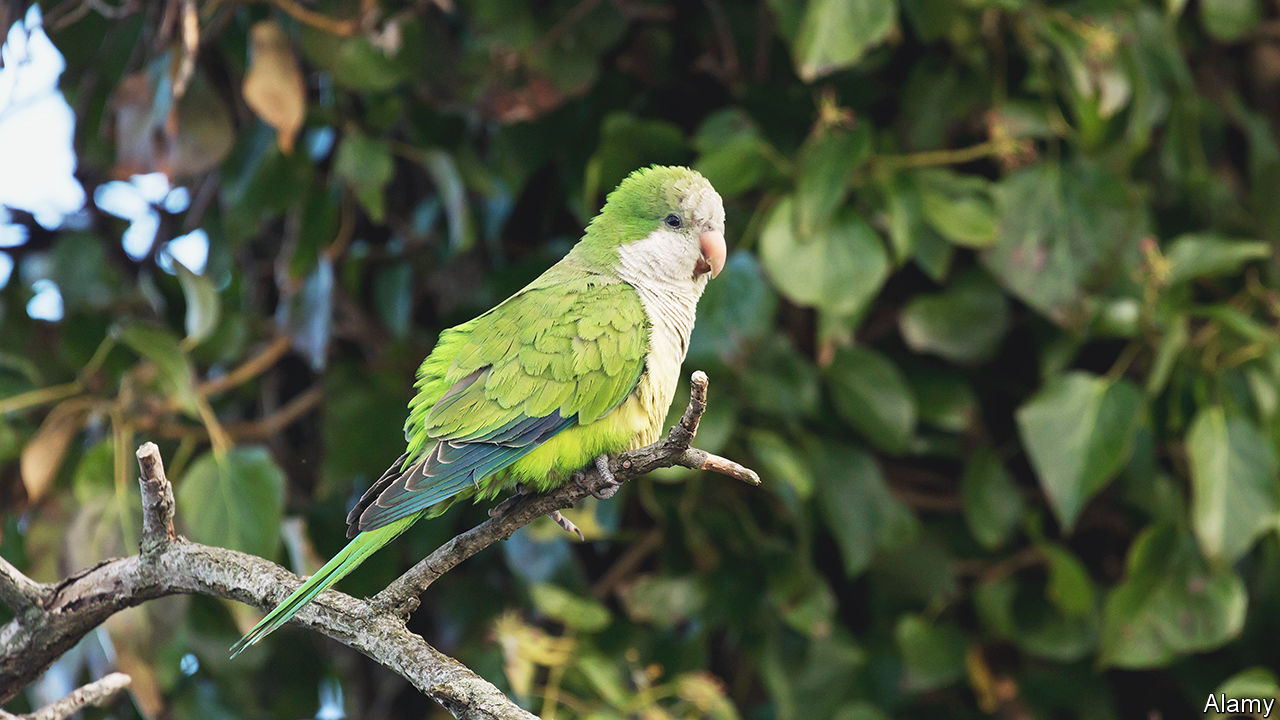
USA - Kauai struggles with invasive parakeets
In Kauai, Hawaii, Bradley Smith, a local farmer, faces a significant challenge due to an invasive species of rose-ringed parakeets. Over the past year, these parakeets have caused a substantial loss of income for Smith by consuming a large portion of his rambutan crop.
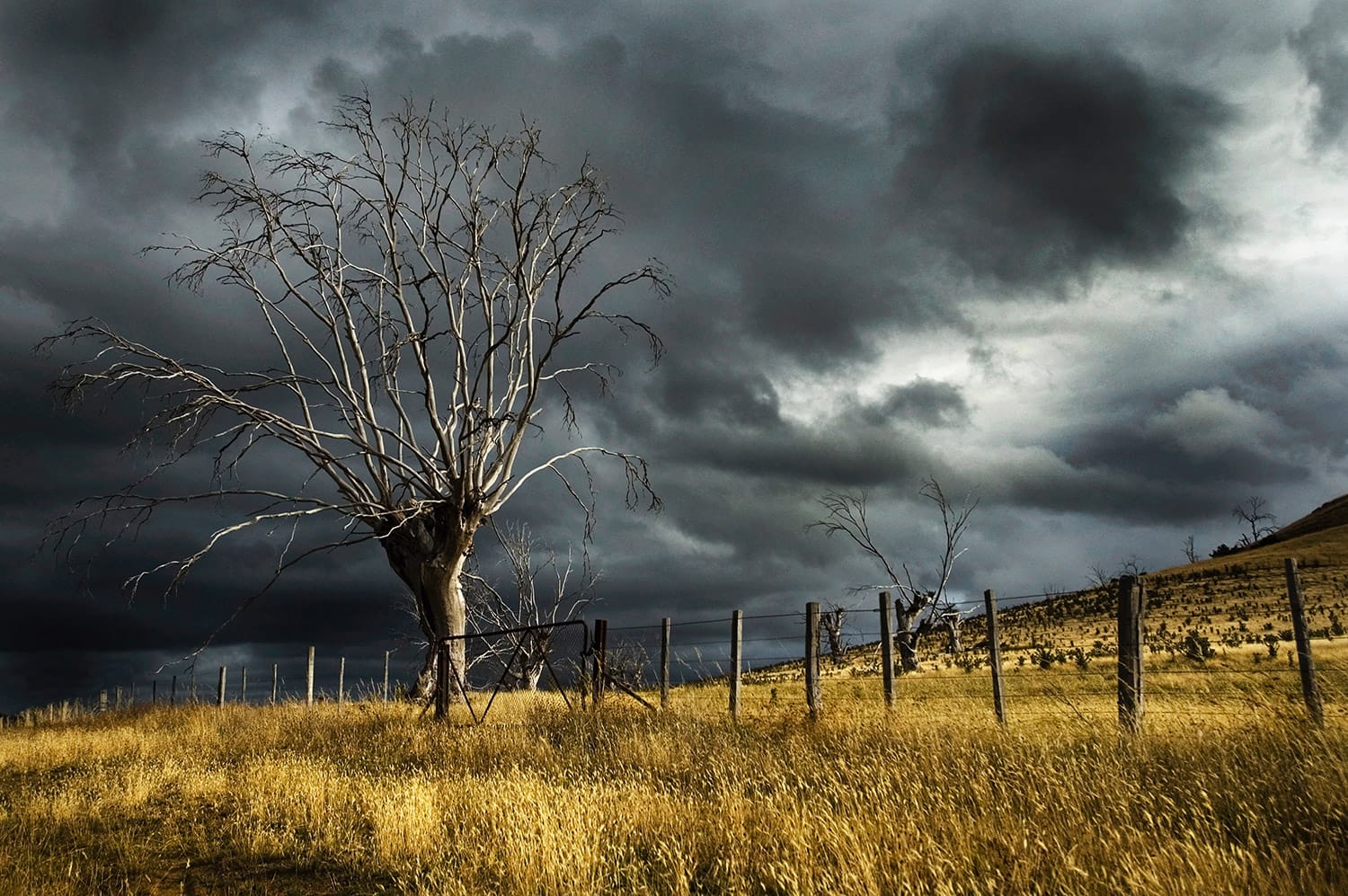
USA - Agency reminds agricultural producers to report losses following bad weather
The U.S. Department of Agriculture Farm Service Agency State Executive Director in Georgia, Arthur Tripp Jr., is reminding agricultural producers to timely report any damage or losses following inclement weather events in order to remain eligible for FSA disaster assistance programs and resources.
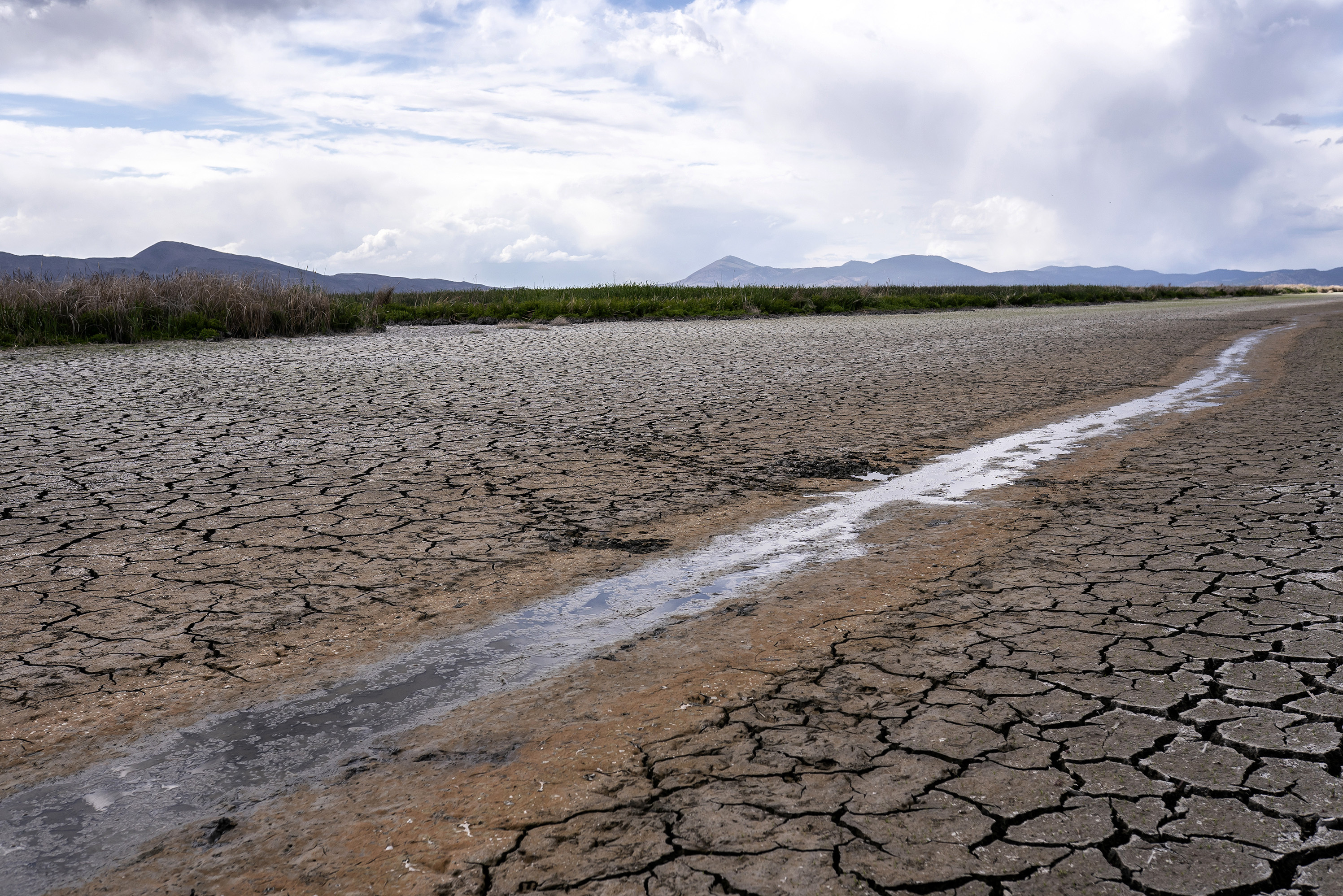
Philippines - Assessment report crop damage at P31M
The Department of Agriculture-7 has reported around P30.7 million worth of rice and corn plantations in Central Visayas damaged by the drought and extreme heat being experienced in the country.

Canada - Wildlife Damage Compensation Program 2024
The Wildlife Damage Compensation Program (WDCP) compensates agricultural producers for wildlife damage to eligible unharvested crops, stacked hay, stacked greenfeed, as well as silage and haylage in pits and tubes.

Kenya - Agricultural devastation sparks food security concerns
The ongoing floods in Kenya have wreaked havoc on agricultural communities, with property losses escalating alongside the destruction of farmlands and infrastructure. According to government reports and the Kenya Red Cross, over 110,000 individuals have been displaced by the morning of April 24, 2024.


